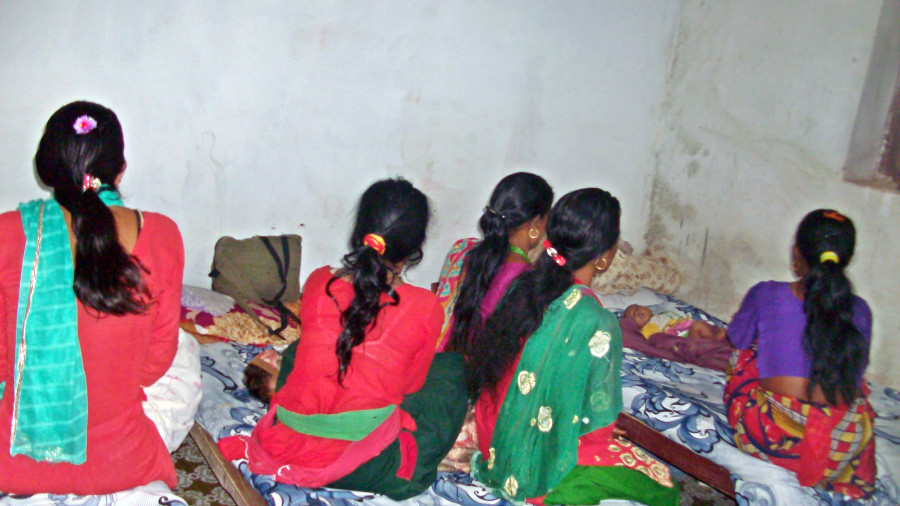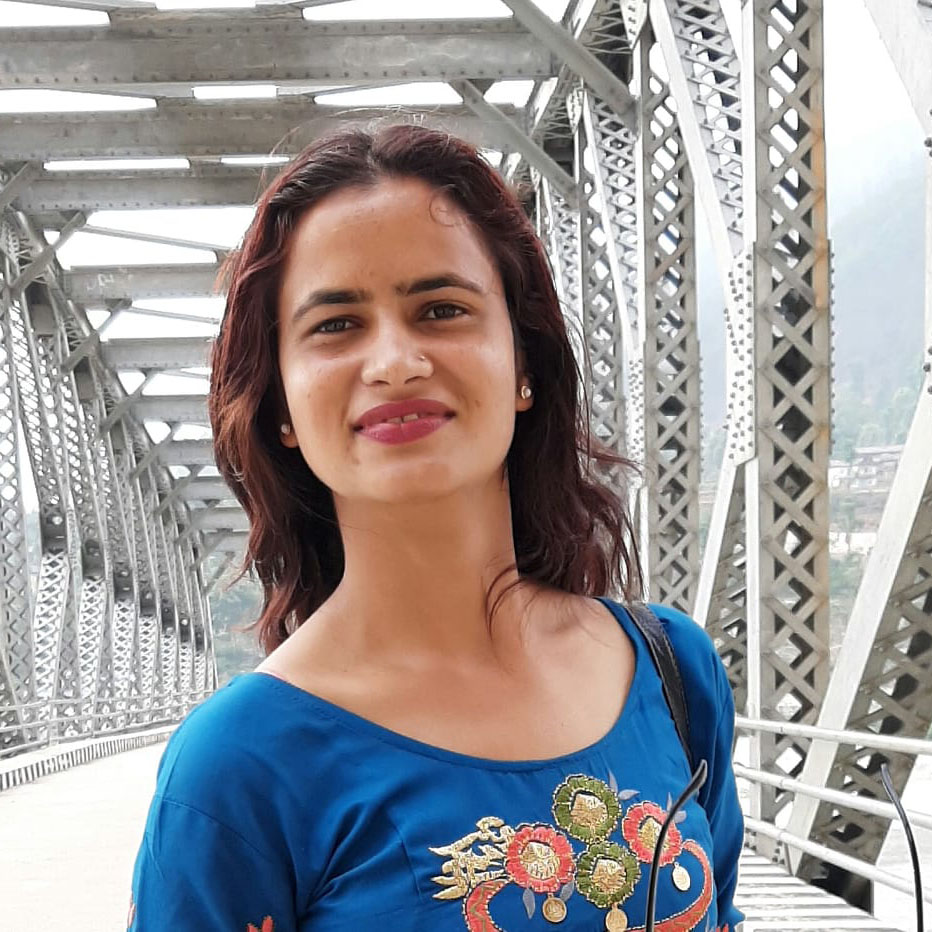Sudurpaschim Province
In Achham, domestic abuse is driving women to depression
Every week, the Bayalpata Hospital, which has a dedicated mental health bureau, sees over a hundred women suffering from depression, doctors say.
Menuka Dhungana
Ritu was already having a difficult time looking after her four children on her own. Things only got worse when her husband returned home after seven years of working in India. He came back a changed man, getting drunk often and abusing Ritu and their children.
Ritu, who asked that she be identified by a pseudonym because she feared ostracisation by her community, quietly endured the abuse for four years—for the sake of the “family’s prestige”—but her physical and mental health deteriorated.
When she started showing unusual behaviour, including muttering under her breath, her relatives took her to a faith-healer for treatment. When that didn’t work, they took her to a doctor.
“When we took her to the doctors, they diagnosed her with depression,” said one of Ritu’s daughters. “It was because she underwent a lot of abuse at the hands of my father. After counselling and medication, her health has significantly improved.”
In Ritu’s home district of Achham, domestic abuse has been leading thousands of women to depression, say psychological counsellors and hospital officials.
According to data from Achham’s Bayalpata Hospital—which has a bureau exclusively dedicated to the treatment of the mentally ill—of the over 5,500 people it has treated over the past three years, women outnumber men by a great margin; for 4,071 women treated, there are just 1,681 men. The bureau was established three years ago.
When the women come to the hospital, they don’t show any apparent symptoms, but when they are led through the counselling process, they are often found to be suffering from depression, said Bharat Kadayat, a counsellor at the hospital. Kadayat said that among the women he has counselled over the years, most were victims of domestic abuse.
“In most cases, domestic abuse at the hands of their husbands is leading women to depression,” said Kadayat.
According to Kadayat, many victims resort to faith-healing before they come to the hospital, which makes things worse.
“Their illness worsens when they try to seek treatment from dhamis and jhankris,” the counsellor said. “When they come to us, their illness has already reached critical levels.”
Kadayat said the hospital sees over 100 women weekly who are suffering from depression.
For women undergoing domestic abuse, there is an alternative in the form of a ‘safe house’ in Achham’s district headquarters of Mangalsen. The safe house was established three years ago by the Mangalsen Women’s Multipurpose Cooperative. But women like Ritu are afraid of losing face and are not willing to seek help from the safe house, said Mankala Neupane, chair of the Cooperative. They would rather seek treatment for their depression in secret, instead of leaving their husbands and move to a safe house, she said.
“Operating a safe house where there’s a widespread stigma attached to mental illness is not easy,” said Neupane. “It’s also hard for us to help them get rehabilitated once they receive treatment. Many of the women whose cases are pending at the courts can’t go back to their homes, fearing backlash from society.”
Treatment for mental illnesses arising from domestic abuse began after the establishment of the separate mental health bureau at the Bayalpata Hospital and the safe house three years ago, according to Bikash Gauchan, a doctor at the hospital.
“Word-of-mouth from those who received treatment at the hospital is encouraging more victims to visit the hospital,” Gauchan said. Over 75 percent of victims recover after treatment, according to the hospital.
Ranjana Khanal, another counsellor, said that most mental health patients are young, between the ages of 25 to 30.
“Cases of mental illness due to domestic abuse are on the rise in the district,” said Khanal. “The reasons are well-known: prevalence of superstitious faith-healing, unemployment, and unchecked alcoholism.”




 13.12°C Kathmandu
13.12°C Kathmandu















